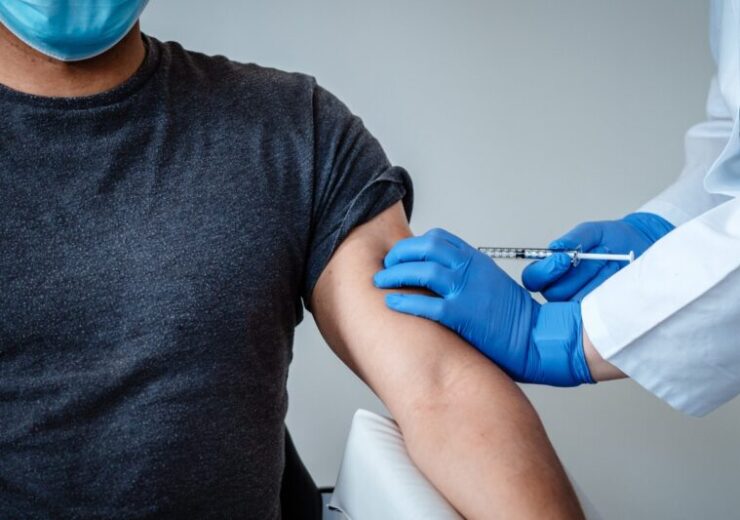According to Germany-based BioNTech, the combination vaccine candidate is intended to prevent the two respiratory diseases with a single injection

FDA has granted fast track designation to Pfizer and BioNTech’s combination vaccine candidate for influenza and Covid-19. (Credit: BioNTech SE.)
Pfizer and BioNTech have been granted fast track designation from the US Food and Drug Administration (FDA) for their mRNA-based combination vaccine candidate for influenza and Covid-19.
According to Germany-based BioNTech, the vaccine candidate is intended to prevent the two respiratory diseases with a single injection.
The vaccine candidate is based on the proprietary mRNA platform technology of BioNTech and has mRNA strands encoding the wild-type spike protein of SARS-CoV-2. It also contains the spike protein of the Omicron sublineages BA.4/BA.5 and mRNA strands encoding the hemagglutinin of four different influenza strains.
The mRNA strands used in the vaccine candidate are recommended by the World Health Organization for the Northern Hemisphere 2022/23, said the biotechnology company.
The vaccine candidate is a combination of qIRV (22/23), which is Pfizer’s quadrivalent modRNA-based influenza vaccine candidate that is presently in phase 3, and the authorised Omicron-adapted bivalent Covid-19 BNT162b2 (Original/Omicron BA.4/BA.5) vaccine of the two firms.
BioNTech claimed that the combined vaccine candidate for influenza and Covid-19 can streamline the vaccination process against two respiratory issues caused by evolving viruses that need vaccine adaptation.
Last month, Pfizer and BioNTech launched a phase 1 trial of the mRNA-based combination vaccine candidate for influenza and Covid-19 to examine the safety, tolerability, and immunogenicity among healthy adults.
At that time, the German biotechnology firm said that the first participant had been dosed with the nucleoside-modified RNA (modRNA)-based combination vaccine candidate.
The early-stage study will involve 180 healthy participants aged between 18 and 64 years with a follow-up period of six months for each individual.
